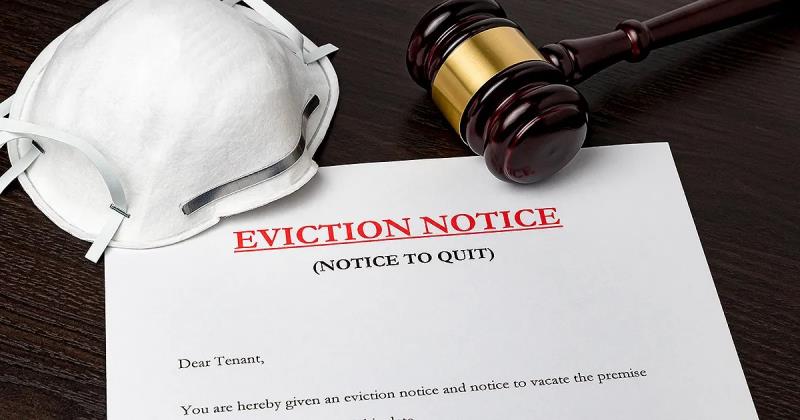Facing an eviction can be a challenging and distressing experience for tenants. It’s essential to understand your rights and responsibilities as a tenant and be aware of the eviction process to protect yourself and potentially prevent eviction. In this guide, we’ll explore the eviction process, tenant rights, and responsibilities.
Tenant Rights and Responsibilities
Before delving into the eviction process, it’s crucial to familiarize yourself with your rights and responsibilities as a tenant. Understanding these can help you navigate any disputes or issues with your landlord more effectively.
1. Right to a Habitable Property
Tenants have the right to live in a safe and habitable property. Landlords are responsible for maintaining the property and ensuring that it meets housing codes and regulations. If your living conditions become uninhabitable due to neglect or disrepair, you have the right to request necessary repairs from your landlord.
2. Right to Privacy
Tenants have the right to privacy in their rented property. Landlords must provide reasonable notice before entering your unit, except in cases of emergency. Typically, the notice period is 24 to 48 hours.
3. Right to a Written Lease Agreement
It’s advisable to have a written lease agreement that outlines the terms and conditions of your tenancy, including rent amount, due date, and the length of the lease. Both you and your landlord should retain a copy of the signed lease.
4. Right to Fair Housing
The Fair Housing Act prohibits discrimination in housing based on factors such as race, color, religion, sex, national origin, disability, or familial status. If you believe you’ve been discriminated against during the rental process, you have the right to file a complaint.
5. Responsibilities for Rent Payments
As a tenant, it’s your responsibility to pay rent on time and in full according to the terms of your lease agreement. Failure to do so can result in eviction proceedings.
The Eviction Process
Evictions typically follow a specific legal process. It’s essential for both tenants and landlords to understand this process to protect their rights.
1. Notice to Quit or Pay Rent
The eviction process usually begins with a notice to quit or pay rent. This notice informs the tenant that they must either pay any overdue rent or vacate the property within a specified timeframe, typically three to five days. The notice should be in writing and served according to state laws.
2. Summons and Complaint
If the tenant does not comply with the notice to quit or pay rent, the landlord can file a summons and complaint with the court. The summons notifies the tenant of the lawsuit, and the complaint outlines the reasons for eviction, such as unpaid rent.
3. Court Hearing
Both the landlord and tenant will be summoned to a court hearing. It’s crucial for tenants to attend the hearing to present their case and address any defenses. At the hearing, the judge will make a ruling on the eviction.
4. Writ of Possession
If the judge rules in favor of the landlord, they may issue a writ of possession, which allows law enforcement to remove the tenant from the property. The tenant will be given a specific timeframe to vacate the premises.
Defenses Against Eviction
Tenants facing eviction have several defenses they can use to challenge the eviction. Some common defenses include:
1. Payment of Rent
If the reason for eviction is unpaid rent, tenants can pay the overdue amount before the court hearing to halt the eviction process.
2. Improper Notice
If the landlord did not provide the required notice to quit or pay rent, the eviction may be invalid.
3. Retaliation
Some states have laws protecting tenants from eviction as retaliation for asserting their legal rights or reporting code violations.
4. Failure to Maintain the Property
If the property is in a state of disrepair or violates health and safety codes, tenants may have a defense against eviction.
Seek Legal Counsel
If you’re facing eviction, it’s essential to seek legal counsel to understand your rights and explore potential defenses. Legal aid organizations and tenant associations can provide assistance and representation in eviction cases.
Conclusion
Understanding your rights and responsibilities as a tenant and being aware of the eviction process is crucial in protecting yourself from eviction. While eviction can be a challenging and stressful experience, tenants have legal protections and options to defend against it. If you find yourself facing eviction, seek legal advice to navigate the process effectively and safeguard your rights as a tenant. And always remember – finding apartments for rent in gated communities may be something to consider if you can afford it.

